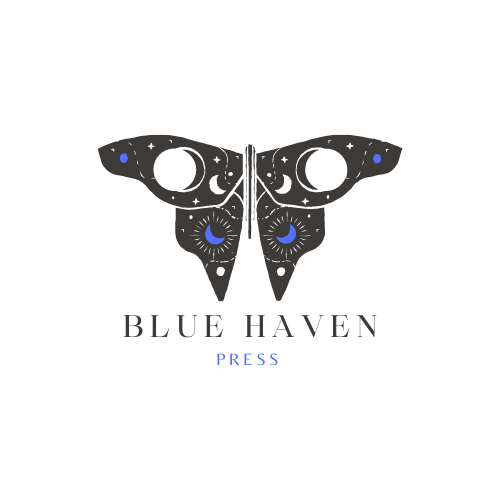The Theme of Binding
Twice this week, I’ve noticed a similar theme in fantasy stories. It is the theme of binding. Out of fear, a mother binds her daughter. Out of fear, she tells her that what she is experiencing isn’t real. Out of fear, she buries the joy of magic and imagination, and crushes her spirit.

In The Moral Instruments: City of Bones, Cassandra Clare creates a parallel world of demons and Shadowhunters. Clary Frey is a powerful Shadowhunter—Nephilim who were created when angels mated with humans. But, she doesn’t know this until her fifteenth birthday, when she begins drawing symbols, and seeing people mundanes cannot see. To protect her, Clary’s mother bound her as a child. Took her to the warlock, Magnus Bane, to have her memories removed time and time again. There is something sinister lurking in this stunting act of love.
Deborah Harkness explores a similar theme in A Discovery of Witches. Her protagonist, Diana Bishop discovers that as a child, she had incredible powers. She could control the elemental forces of fire, water, and air. She could fly. She could manipulate time. To protect her from herself, her mother, who was also a powerful witch, performs “spellbinding”so Diana is no longer aware of her abilities. Once she forgets her powers, Diana becomes locked inside herself until her mother’s prophecy unravels and the “shadowman” appears.
Charming Prince or Shadowman?
In the archetypes of Faerie, the charming prince must rescue and free the spellbound princess so they can live happily ever after. This happens to both of these young women, who only discover their true nature when they meet their beloved. Clary begins to see the Shadowhunter world when she meets Jace. Though secrets have been kept from Jace as well, he has grown up in this reality. He’s been trained, and understands how to wield his power. He introduces Clary to the world of her birthright, and she discovers her true self.
Diana Bishop is enacting a prophecy when she falls in love with Matthew Clairmont, a fifteen-hundred-year old vampire. Clairmont, her “shadowman” keeps a firm grip on Diana when her powers start seeping through the “spellbinding”. By the end of the book, he’s decided that she needs a mentor to teach her how to use her powers. But there are dangers lurking in this binding and unbinding. Clairmont is controlling and abusive. He is not the charming prince we want for our daughters.
By binding, we send our vulnerable girls into a dangerous world without their inherent power, where they become easy prey for the shadowman.
Why must we continue to bind children? Is this a phenomenon of fear passed down through generations? Is it cultural? For it is not just mothers who bind daughters, but fathers and brothers, and the religious and secular community. And we bind our sons as well.I remember as a child feeling that I could fly. I used to dream of flying…of running along a grassy clifftop, pushing out with my arms, and grasping the air as I lifted off. I loved my flying dreams and I wonder when and how they became suppressed. I also had an “invisible” friend, and so was never alone. I was at home in the forest and believed in faeries and angels. But, somehow in the crack between childhood and puberty, I became bound: disillusioned, restrained, and retrained. Like Clary, I fought against those restraints and searched for Shadowhunters to help me break free. Sometimes, I found the shadowman instead. And therein lies the danger.

Is the fantasy genre so popular with girls because they feel the bite of their bindings?The emptiness of memories removed? Are girls searching for a way out; or perhaps, trying to remember a way back in? In their unbinding, will they be fortunate enough to find a “Jace” or will they become prey for the “shadowman”?
And what would happen if we didn’t bind them at all; if we nurtured and developed their passion, their bliss, and their power?
There is no containment. The knowing never vanishes. That is what the stories tell us. There is only this pushing against the forces that bind us; this overwhelming desire to be free, to be our true selves, to feel our power, and to remember what we knew when we came into this world.

